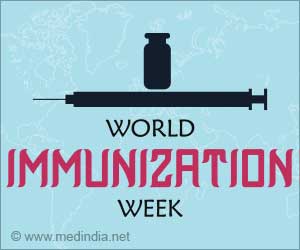With sustained improvement in the field of pharmacology; the number of people taking medications or drugs has improved considerably over the recent years. It is however to be noted that combining two or more drugs can lead to disastrous consequences, including death.
Several medications contain active ingredients that can interact or work against each other. Patients and doctors can rule out the risks by paying close attention to what they are taking.'Some of these interactions are so dramatic that they can lead to death,' said Ralf Stahlmann of the Charite Clinic in Berlin.
'Approximately one in 300 combined applications of medications lead to a problem,' said Walter Haefeli, a pharmacologist at the University Clinic in Heidelberg.
'Doctors and scientists lost oversight of all the possible drug interactions long ago. When a patient receives 10 drugs from a clinic, the number of drug pairings within that group is numerous,' Haefeli said.
Changes in the dosage could also change the interactions, complicating matters further. In order to grasp all possibilities, an enormous database must be assembled, a task that technicians in Germany are only just beginning.
Patients too must be wary of interactions on their own. For example, taking certain heart medicines with certain laxatives can be problematic, points out Ursula Sellerberg of the Coalition of German Pharmacy Associations.
Advertisement
Over-the-counter drugs also carry risks. 'Aspirin should not be taken with blood-thinning medicines such as Marcumar, as this combination could lead to dangerous internal bleeding,' warned Sellerberg.
Advertisement
Sellerberg also cautions patients that food too can have an effect on the drugs they are taking. For example, milk and certain antibiotics are a bad combination, she says. Black tea inhibits the absorption of certain psychotropic drugs.
'To allay their fears, patients should look carefully at the insert that comes with the drug that explains how the medicine should be taken.'
It is important that the doctors and pharmacists know all the interactions and side effects. Patients also need to lay all their cards on the table, said Haefeli.
Edited IANS






